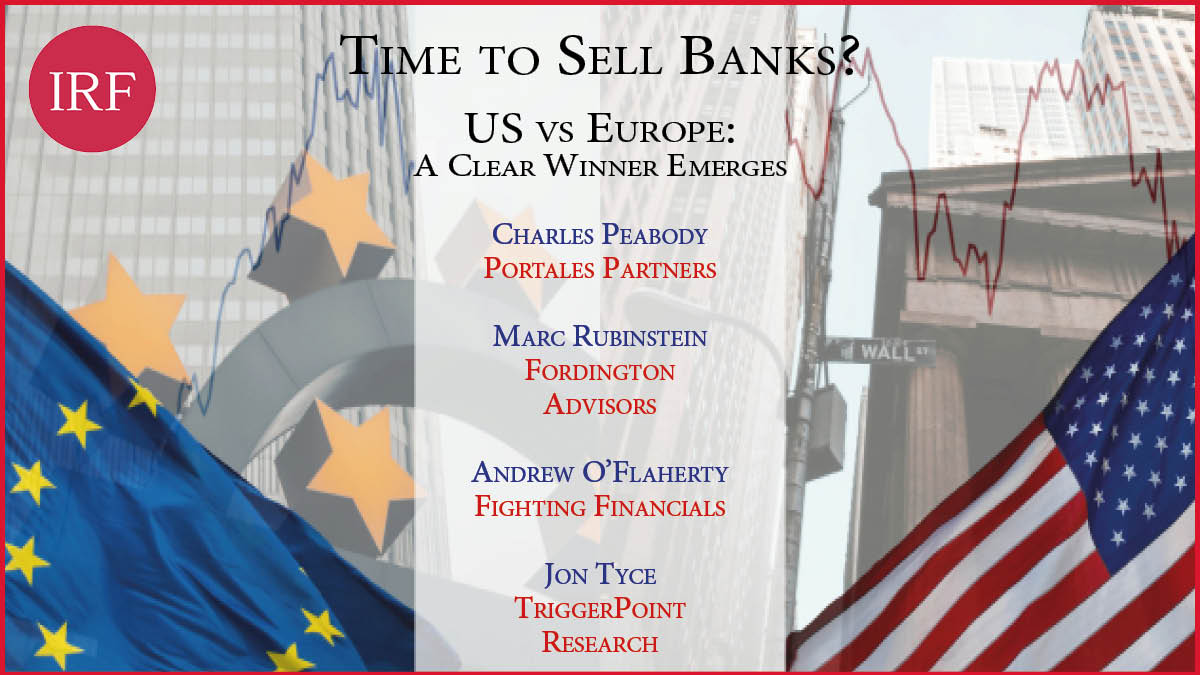Thu 03 Apr 2025 - 15:00 BST / 10:00 EDT
Summary
The speakers highlighting the persistent disconnect between improved fundamentals and market valuations. Despite robust earnings, strong CET1 ratios, and growing capital return programs—particularly through buybacks—banks continue to trade below book value, largely due to regulatory uncertainty and geopolitical concerns. Speakers emphasised that while most banks are well-capitalized and generating solid returns, regulatory headwinds, such as evolving Basel IV implementation and capital distribution limits, are tempering investor enthusiasm.;Stock-specific discussions centered on UBS's post-Credit Suisse integration risks, Deutsche Bank’s ongoing transformation and conservative capital trajectory, and Santander’s solid return potential. BNP Paribas was seen as fundamentally strong but impacted by macro concerns in France. The macroeconomic environment is perceived as relatively stable, with rates likely peaking in Europe, though risks remain from elections and global tensions. Credit quality across the sector is viewed as resilient, with only localized concerns around commercial real estate and SME lending. Overall, investor sentiment is cautiously optimistic, supported by stable guidance and the potential for earnings beats, but longer-term structural issues like margin pressure and regulatory costs continue to weigh on the sector’s re-rating potential.
Topics
Investors' weighting in banks has been a key performance delta over the past 5 years, as interest rates rose and profits soared. What to do in a higher-for-longer inflationary environment is not as clear-cut as it was. European banks, with a 300% total return since March 2020 lows, are the clear winners. Nearly double the Invesco KBW US banks' 175% return, banks on both sides of the Atlantic have easily beaten the 130% returns from Europe's STOXX600 and the S&P500.
Join Charles Peabody, Marc Rubinstein, Andrew O'Flaherty and Jonathan Tyce on April 3rd to discuss the outlook for banks, valuation and how to think about the risk-reward opportunities in the European and US banking sector, both from an equity and debt perspective.
